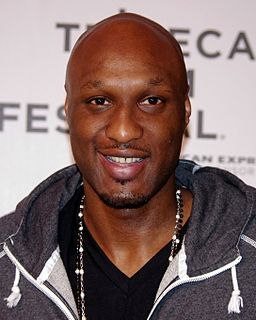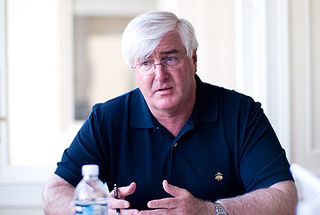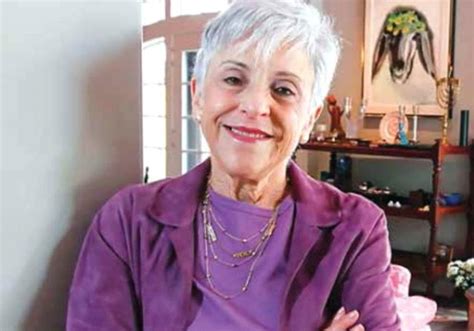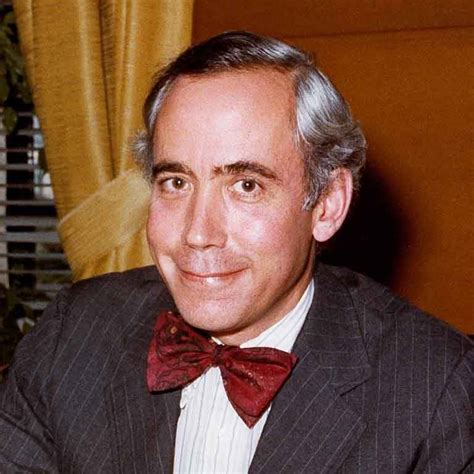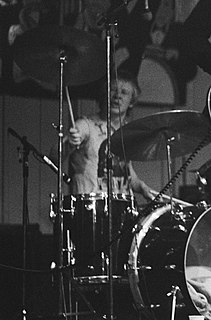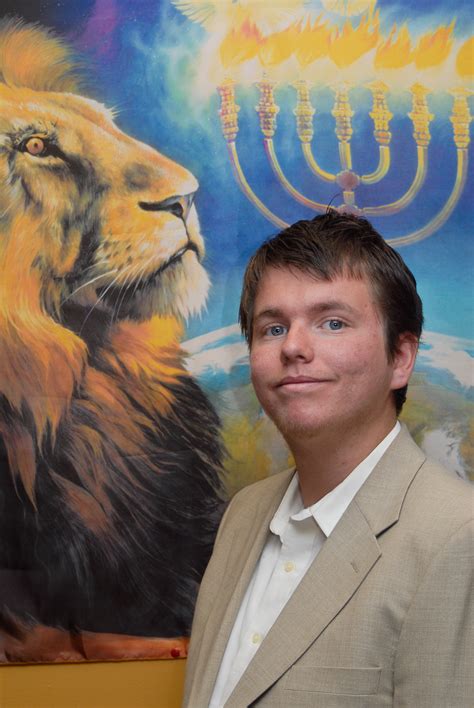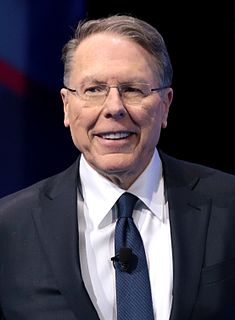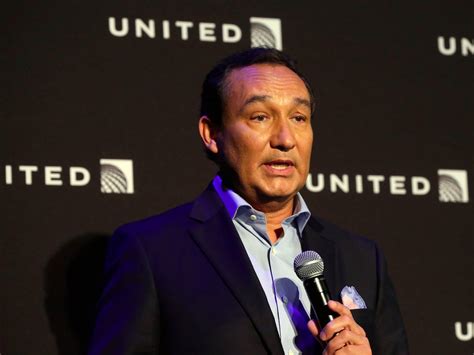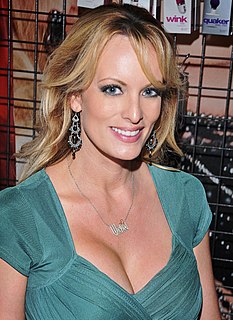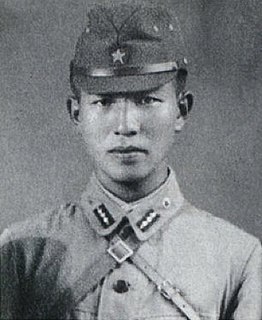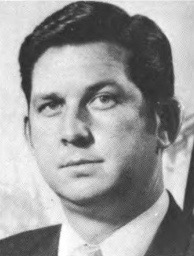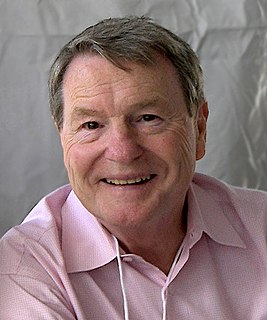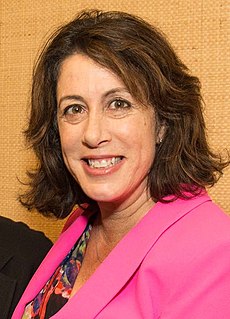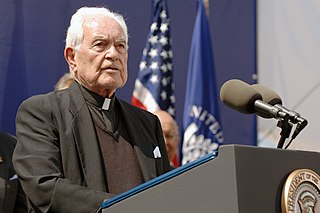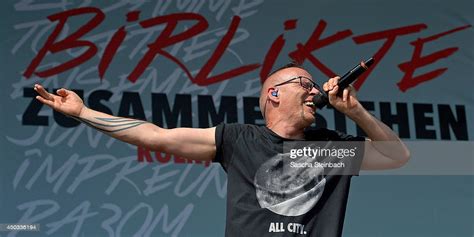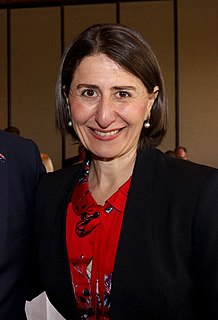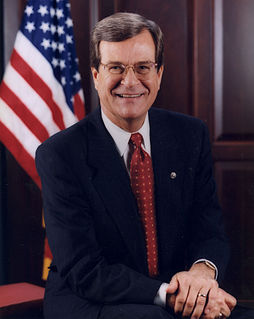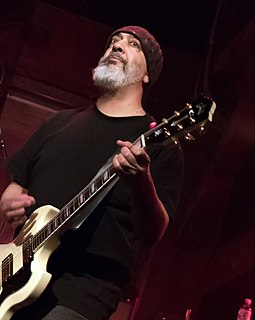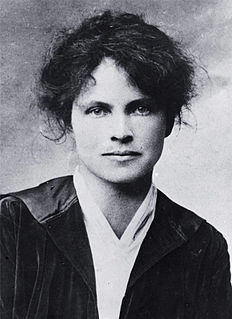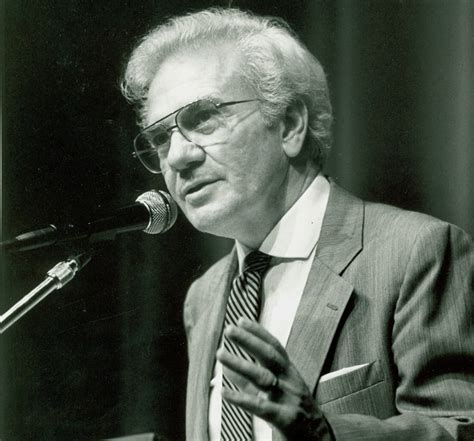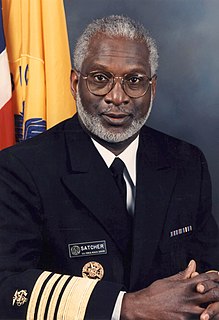Top 1200 Civic Responsibility Quotes & Sayings
Explore popular Civic Responsibility quotes.
Last updated on April 14, 2025.
The power of the individual, market forces, and the private sector permeate our lives. With that power comes responsibility to address huge challenges. Climate change cannot be solved by governments alone. Xenophobia, hatred, and intolerance - more business leaders have to play a role in trying to be positive leaders, civic leaders.
The challenges that young people are mobilizing against oppressive societies all over the globe are being met with a state-sponsored violence that is about more than police brutality. This is especially clear in the United States, given its transformation from a social state to a warfare state, from a state that once embraced a semblance of the social contract to one that no longer has a language for justice, community and solidarity - a state in which the bonds of fear and commodification have replaced the bonds of civic responsibility and democratic vision.
. . . What role does historiography play in the way a society and culture "remembers" past events? Does the historian have a moral or civic responsibility to this project of memory that ought to influence the way he or she engages in historical practice? Should moral concerns influence the historian's choice of subject matter, of issues to discuss, of evidence to use?
Education as a democratic project always presupposes a vision of the future in its introduction to, preparation for, and legitimation of particular forms of social life. It is utopian in its goal of expanding and deepening the ideological and material conditions that make a democracy possible. As a moral and political practice, education produces the modes of literacy, critique, sense of social responsibility, and civic courage necessary to imbue young people with the knowledge and skills needed to enable them to be engaged critical citizens willing to fight for a sustainable and just society.
Well, if there is a spectrum between ethnic and civic forms of nationalism, which is a rather schematic way of looking at it, all nationalism contains elements of both, but Scotland is very far on the civic end of the spectrum. That is partly because nobody has ever been stupid enough to say that Scotland is an ethnicity in a genetic sense. A kingdom of Scotland existed long before anybody talked of a Scottish people. So that is one thing we have been spared.
There are no general-interest media that all of us can tap into. I'm not a good person to talk to about social media. I just avoid it. I'm suspicious also of the culture of venting. But the bigger question is, How can we in this media world have a genuine civic conversation? I mean, look at Franklin Roosevelt. He had these radio talks that all Americans listened to, and there was a common civic conversation that came out of it.
The writer’s job is to write with rigor, with commitment, to defend what they believe with all the talent they have. I think that’s part of the moral obligation of a writer, which cannot be only purely artistic. I think a writer has some kind of responsibility at least to participate in the civic debate. I think literature is impoverished, if it becomes cut from the main agenda of people, of society, of life.
When you learn to take responsibility for yourselves, then you will start taking responsibility for the planet. The planet is being destroyed by your abandonment of responsibility. You assume that you own the planet. And ownership confers upon you the right to do as you like. You do not own this beautiful planet. You are simply a guest here.
There's something unique about the United States, a sense of individual rights and freedoms, and a sense of social and civic responsibility that we contributed to so much of the world. We lost that mission in the 1980s and 1990s, when we entered a gilded age, and the culture of individualism became a culture of avarice.
What if one happens to be possessed of a heart that can’t be trusted—? What if the heart, for its own unfathomable reasons, leads one willfully and in a cloud of unspeakable radiance away from health, domesticity, civic responsibility and strong social connections and all the blandly-held common virtues and instead straight towards a beautiful flare of ruin, self-immolation, disaster?
Theres something unique about the United States, a sense of individual rights and freedoms, and a sense of social and civic responsibility that we contributed to so much of the world. We lost that mission in the 1980s and 1990s, when we entered a gilded age, and the culture of individualism became a culture of avarice.
When my father began to work with President John. F.Kennedy, we moved to Washington, D.C. I was fortunate in my pre-adolescent years, as my social and political consciousness was developing, to live at the epicentre of that dynamic, idealistic, and inspiring moment in U.S. political history, with its ethos of personal and civic responsibility, summed up so succinctly in his exhortation: "Ask not what your country can do for you, but ask what you can do for your country."
Maturity is accepting the responsibility and totally understanding what responsibility means. So when we say, accept the responsibility for your attitude, we mean (1) become aware of how you think and how you feel; and (2) if there is any negativity, or if it is simply not as you want to feel then change it to make it right.
It's partly the fault of the institutions of education. But it's partly the decision to be relieved of responsibility. Literature is simply the most focused form of the demands on the evolution of the species. It imposes a certain responsibility, moral, ethical and esthetic responsibility, and the species simply doesn't want to oblige.
A civic-minded nation is built by civic-minded neighbourhoods, whether in our cities or our villages. Where we respect the next-door person's space, privacy and rights. Where we do not inconvenience our neighbours - while celebrating a festival or while resorting to a protest or on any other occasion.
The public realm in America has two roles: it is the dwelling place of our civilization and our civic life, and it is the physical manifestation of the common good. When you degrade the public realm, you will automatically degrade the quality of your civic life and the character of all the enactments of your public life and communal life that take place there.
Using the language of heroism, calling Daniel Ellsberg a hero, and calling the other people who made great sacrifices heroes - even though what they have done is heroic - is to distinguish them from the civic duty they performed, and excuses the rest of us from the same civic duty to speak out when we see something wrong, when we witness our government engaging in serious crimes, abusing power, engaging in massive historic violations of the Constitution of the United States. We have to speak out or we are party to that bad action.
What must be addressed in the most immediate sense is the threat that the emerging police state in the United States poses not to just the young protesters occupying a number of American cities, but also the threat it poses to democracy itself. This threat is being exacerbated as a result of the merging of a war-like mentality and neoliberal mode of discipline and education in which it becomes difficult to reclaim the language of obligation, social responsibility and civic engagement.
There're the causes where people are like, "What can you do for us? You guys have success and stature; you can make money for us and at the same time present yourselves to the public as altruistic and civic-minded." So it's an exchange. I don't mind looking altruistic and civic-minded if we're actually being that way.
It's not as though there aren't many, many art works and many other cultures, but there was something special about the civic nature of the Greek theater. All the citizens stopped working. They came into these theaters. It wasn't like a Broadway theater where you sit in the dark and you expect to be passively entertained. You're in this theater, amphitheater, in bright sunlight looking at your fellow citizens, recognizing their faces, and thinking with them about the future of your city. I think very few cultures have had a theatrical tradition that is quite so civic.
Many people believe that dealing with overweight and obesity is a personal responsibility. To some degree they are right, but it is also a community responsibility. When there are no safe, accessible places for children to play or adults to walk, jog, or ride a bike, that is a community responsibility.

